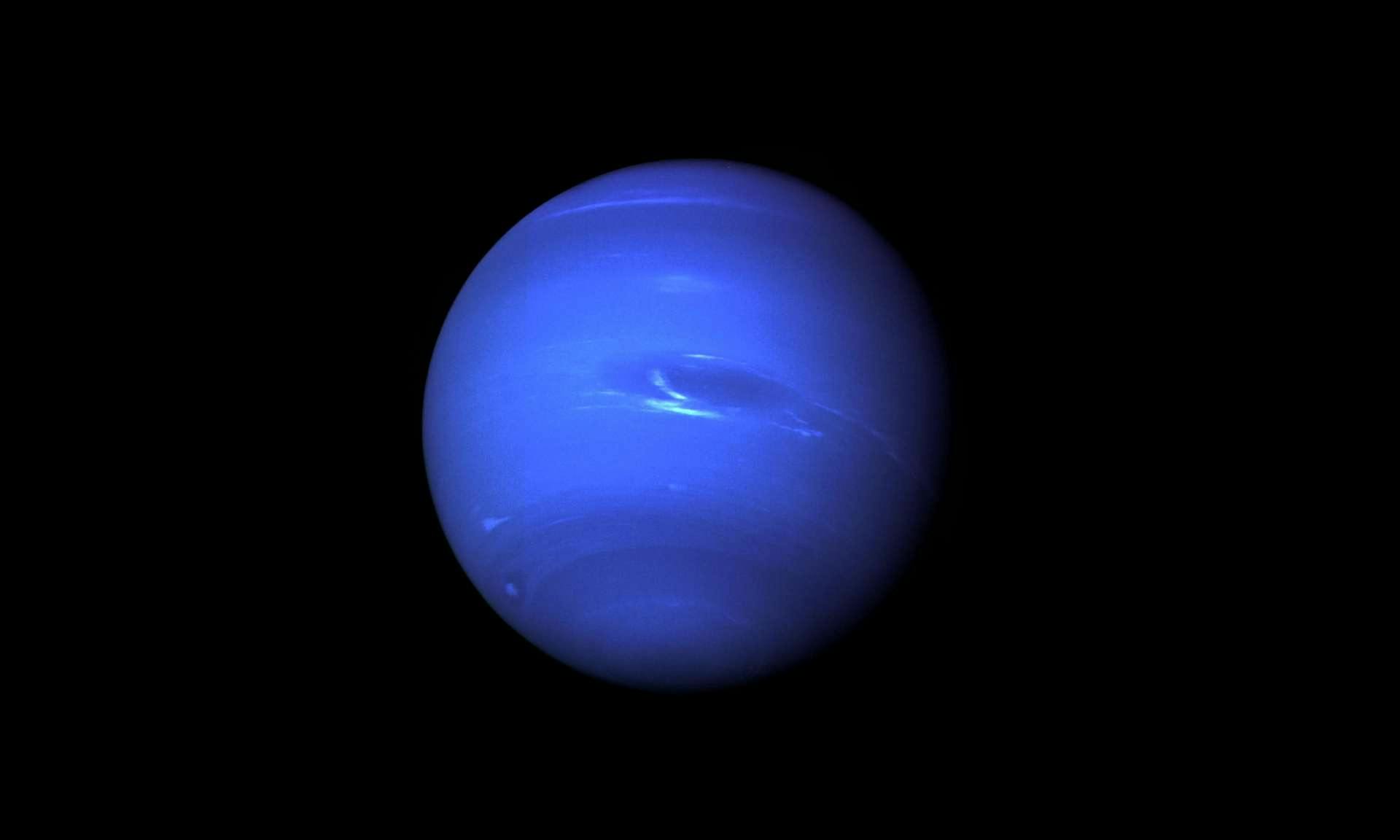
Resolves to YES if a spacecraft completes a flyby of Neptune, or achieves orbital insertion, with at least one live human on board before January 1st, 2040. For the purpose of this market, a flyby of Neptune must occur within a distance of no more than 1 million kilometers from the planet.
Questions with the same criteria:
/RemNi/will-there-be-a-crewed-mission-to-n-f447d8800dd3
/RemNi/will-there-be-a-crewed-mission-to-n-80f53d888d58
/RemNi/will-there-be-a-crewed-mission-to-n-1c5b2e348e1d
/RemNi/will-there-be-a-crewed-mission-to-n (this question)
/RemNi/will-there-be-a-crewed-mission-to-n-38be44fd5da1
/RemNi/will-there-be-a-crewed-mission-to-n-c656cf7d30ae
Solar system exploration questions:
/RemNiFHfMN/will-there-be-a-crewed-mission-to-m-b0c572503bb2
/RemNiFHfMN/will-there-be-a-manned-mission-to-v-31e87dc6b88e
/RemNiFHfMN/will-there-be-a-crewed-mission-to-m
/RemNiFHfMN/will-there-be-a-manned-mission-to-j
/RemNiFHfMN/will-there-be-a-crewed-mission-to-s-ad792ee08c79
/RemNiFHfMN/will-there-be-a-crewed-mission-to-u-771d244be93f
/RemNiFHfMN/will-there-be-a-crewed-mission-to-n (this question)
/RemNi/will-there-be-a-crewed-mission-to-p
To meet the criteria, the human aboard the spacecraft must remain awake for at least one continuous hour during the period when the spacecraft is within the 1 million kilometers threshold from Neptune. Furthermore, during this awake period, the human's heart rate must not drop below 30 beats per minute (prohibiting some, hypothetical, methods of stasis).
The safe return of the human passenger is not a necessary condition for the market to resolve to YES. The human must be alive as the spacecraft reaches the 1 million kilometers threshold from Neptune. If the human is in a state of suspended animation or asleep at the time of crossing this threshold, they must be successfully resuscitated or woken up for at least one hour while the spacecraft remains under the specified distance from Neptune.
Additionally, the human on board must possess both a functioning brain and heart, with limited alterations. These vital organs may have undergone chemical, mechanical, or electronic modifications, provided that these enhancements do not significantly alter the organ's functioning compared to that of a typical human. Complete modification or replacement of any other organ in the human's body is permissible within the context of this question.
Image credits: https://commons.wikimedia.org/wiki/File:Neptune_Full.jpg
People are also trading
@RemNiFHfMN Oh, I am assuming chemical propulsion. Breakthroughs in tech may change the picture but in 16 years? It seems too short a timeframe, especially given that a crewed mission to nearer objects would make more sense
@mariopasquato on a very fast timeline could get fusion drives working by 2034 maybe? And then reach Neptune before 2040.
In that case the question then is if a crewed mission in considered worth it. Might have perceived prestige value for a space agency that missed out on being first to other destinations.
@mariopasquato or perhaps people running away from something happening on Earth. The nice thing about gas giants is that you can hide inside of them
@RemNi You can hide inside of them... forever? :-D Anyway, to put things in perspective Voyager 2 launched in 1977 and got to Neptune in 1989. We are not sending people over there anytime soon with present day tech. Imho realistic only if assuming AI runoff/singularity.
@mariopasquato Haha, nah I think if it goes the way of a bad AI runoff and people have reached the point where hiding inside Neptune is seen as a viable option their chances probs aren't good anyway. The optimistic scenarios might actually delay outer planets exploration if resources are applied towards more useful stuff.
Voyager 2 did it in 12 years with chemical engines! Fusion drives could be really fast if you accelerate 50% of the way and then turn around and fire the engines in the other direction.
@RemNi More like it goes the good way and we end up with extremely advanced tech in the space of a decade. But I put very low probability on that.